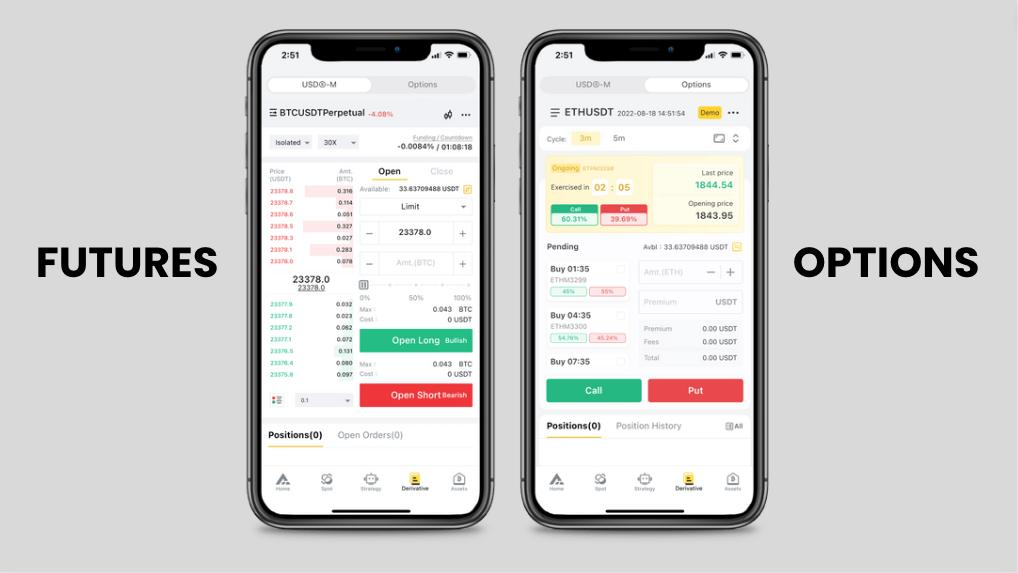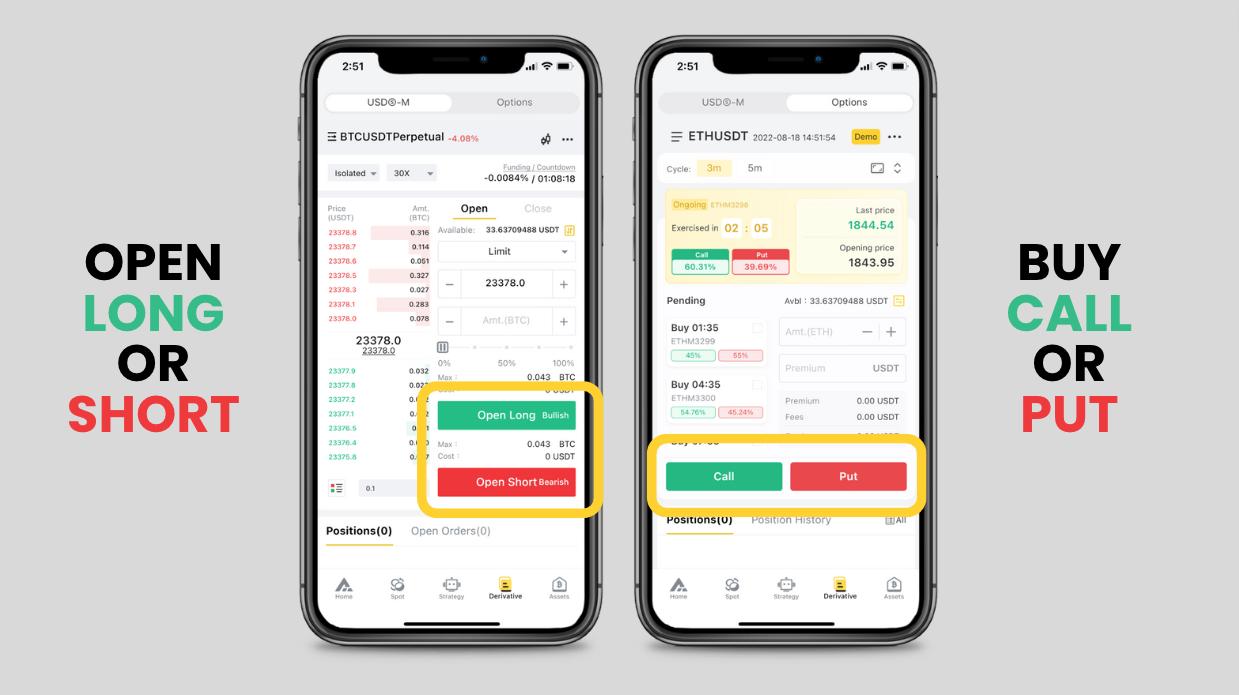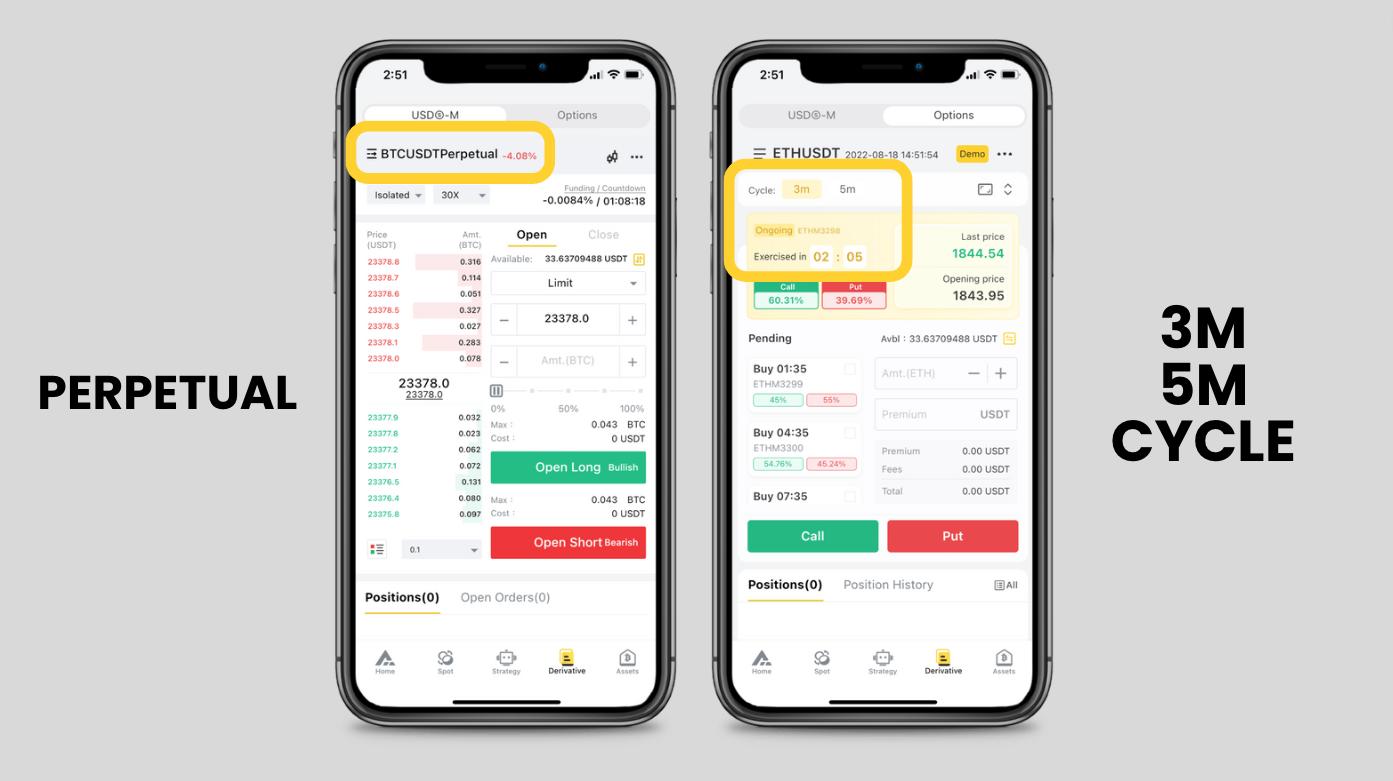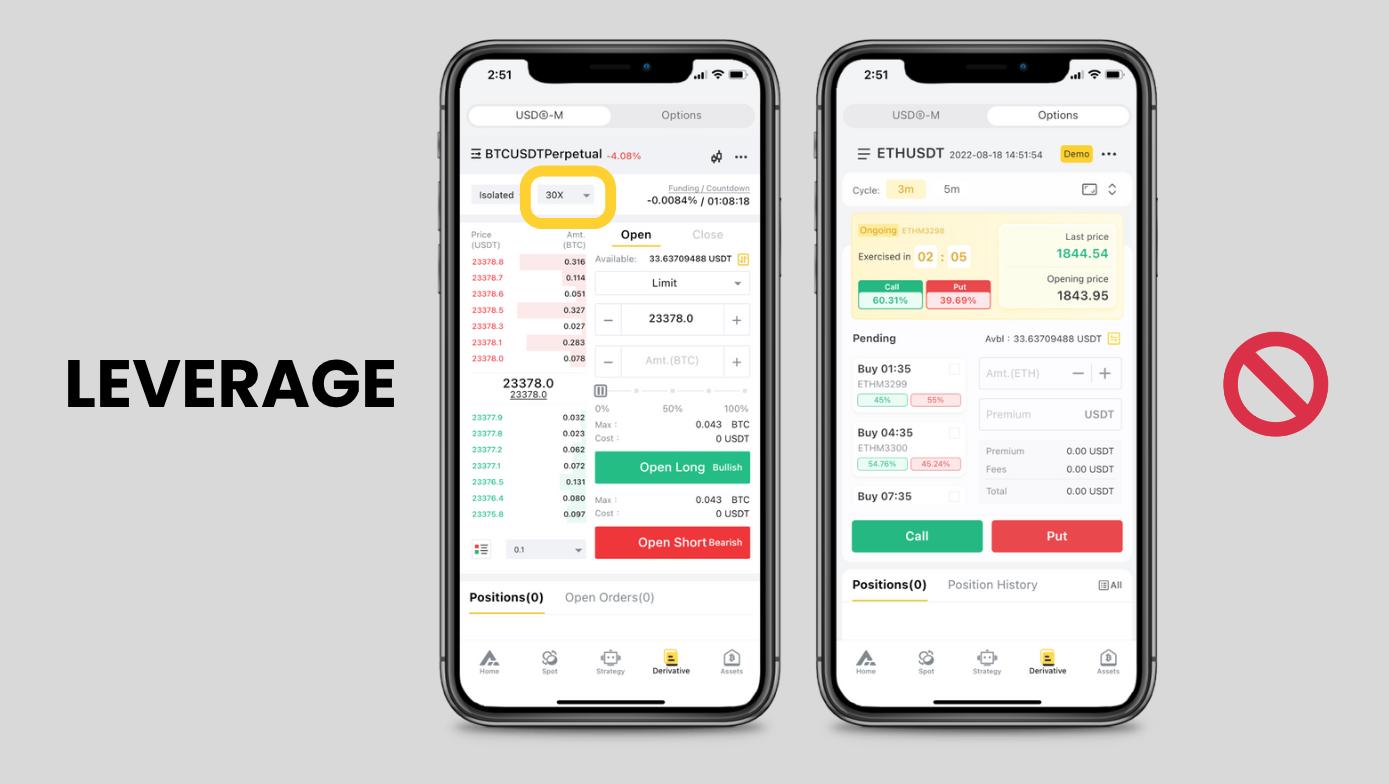Options Trading vs. Futures Trading - What’s the Difference?
2023-01-19 07:15:15Futures is a traditional trading model with margin while options is an innovative financial derivative. Both have similarities and differences. Options and futures are both financial products that traders can use to make money or to hedge current investments. Both an option and a future allow users to buy an investment at a specific price by a specific date. But the markets for these two products are very different in how they work and how risky they are for their traders.

There are certain similarities between options and futures, and it is understandable how even relatively experienced traders can get the two confused. They are both financial derivatives that exist between two parties. They can both be used to hedge current investments. The purpose of futures and options is to hedge your funds in the future market in the opposite direction to the underlying assets. If you’re holding a spot trade while the price is dropping, you can use both as surplus to hedge your capital. In short, both can be traded in both directions and hedge the risk.
The Key Differences
There are many differences between options and futures. We will elaborate on different aspects for traders to better understand. Here are some differences to give you a general idea:
Margin vs Premium
Options traders typically pay a premium for options contracts, which reflect ownership of the underlying asset. Premiums generally represent the asset's strike price—the rate to buy or sell it until the contract's expiration. The expiration time indicates the time by which the contract must be exercised.
There is a fixed payout with an option which means that your potential profits do not rely on the value of the underlying asset. If your prediction is correct, you will receive your payout and if it is wrong, you will lose your initial stake also called a premium.
On the other hand, in futures trading, buyers purchase futures contracts on margin. The maintenance margin is the minimum amount that must be maintained in the traders account at any given time. It will also directly affect your liquidation price. Under cross margin, the maintenance margin is calculated based on your positions at different notional value tiers. The larger the position, the higher the Maintenance Margin rate. However, before auto-deleveraging or liquidation, traders can close their positions before the collateral falls below the Maintenance Margin.

Long/Short vs Call/Put
Futures trading offers the trader to open long or short positions with each contradicting party while options trading only supports call or put options. The rights and obligations of the buyer are different. In futures trading, buyers and sellers obtained different rights. However, the option is a one-way contract. The buyer has the right to buy and sell the underlying asset at a specified time automatically to the open price. A futures contract, however, is a two-way contract in which both parties are obligated to deliver the futures contract at maturity.

Expiration
As alluded to earlier, futures trading is potentially more dependent on the careful attention of a trader, and this is because they can be traded in perpetuity or continuity. There is no set date or time on which the trader agrees to close the trade. With options trading, traders must adhere to the time frame allotted in the contract or it will automatically be exercised at the expiration cycle.

Leverage
The other difference between Futures and Options is leverage. In futures trading, leverage refers to using borrowed capital to trade cryptocurrencies. It amplifies your buying or selling power so you can trade with more capital than what you currently have in your wallet. The amount of leverage is described as a ratio, such as 1:5 (5x) or 1:20 (20x). It shows how many times your initial capital is multiplied. Meanwhile, in options trading, there is no leverage for traders to use.
Profit
As we mentioned, leverage can increase possible profit or loss in futures trading. This marks the difference between Futures and Options in the limit of profit and loss for a buyer. A buyer in the Futures market can make unlimited profit and loss while under cross margin. In the Options market, a buyer can make an unlimited profit but limited loss with the premium. Options offer a simple way of making profits with the possibility of a high turnaround in a short period of time. Futures contracts hold many similarities to options trading, though there is no fixed payout.
Risk can also be more constrained in options vs futures when margin is used, so they will better suit beginners and traders that are more risk-averse. There is no one winner in options vs futures, as it will entirely depend on your strategy, risk tolerance, and investment. If you want to learn better options trading strategies, check here to learn more.